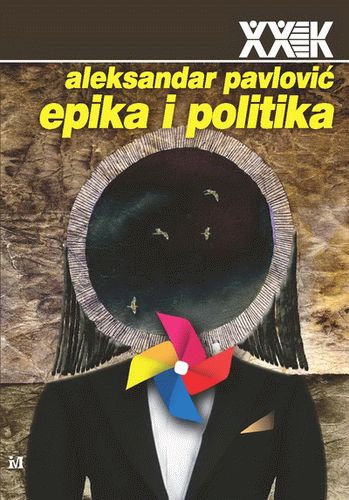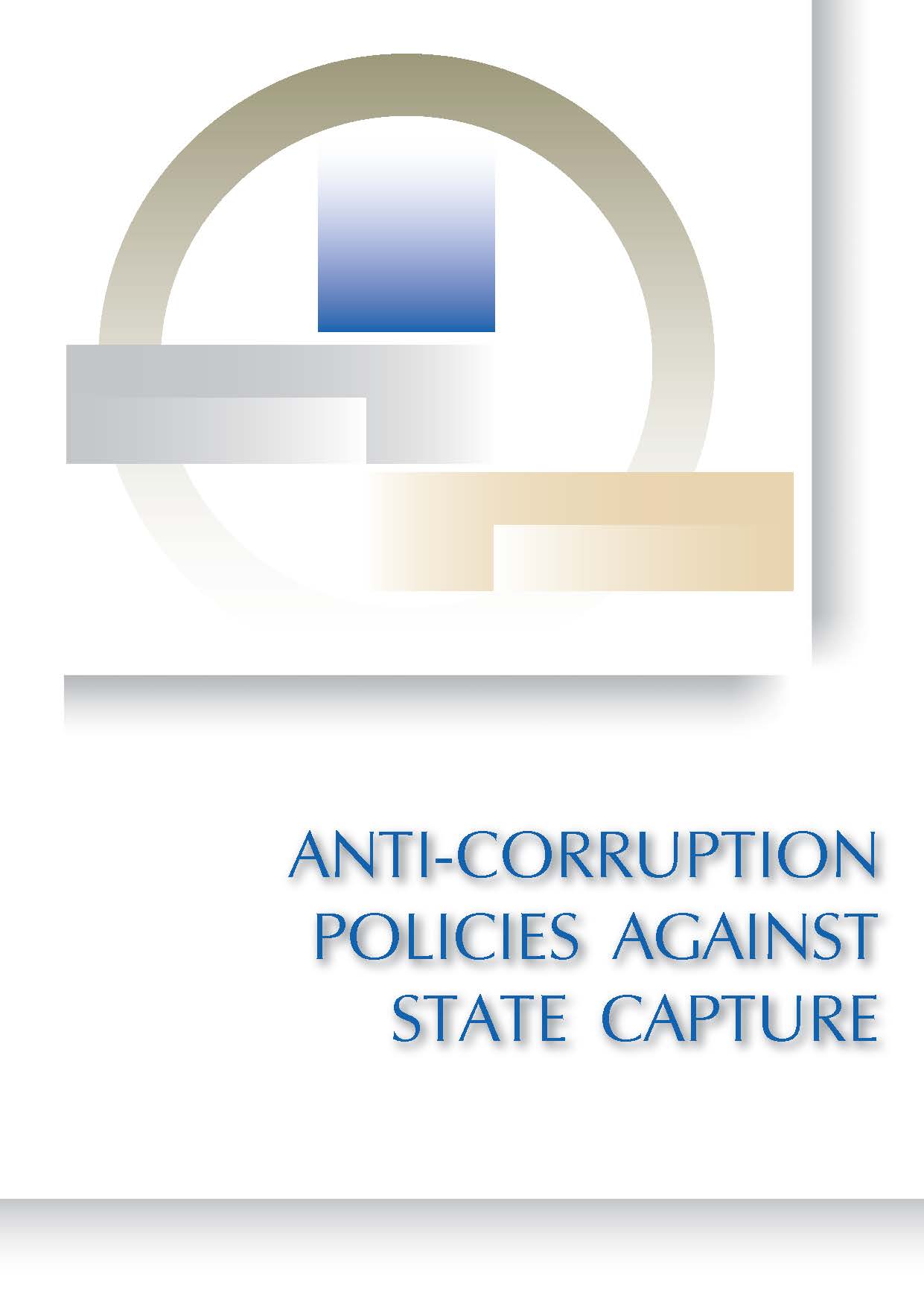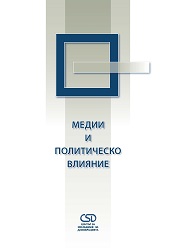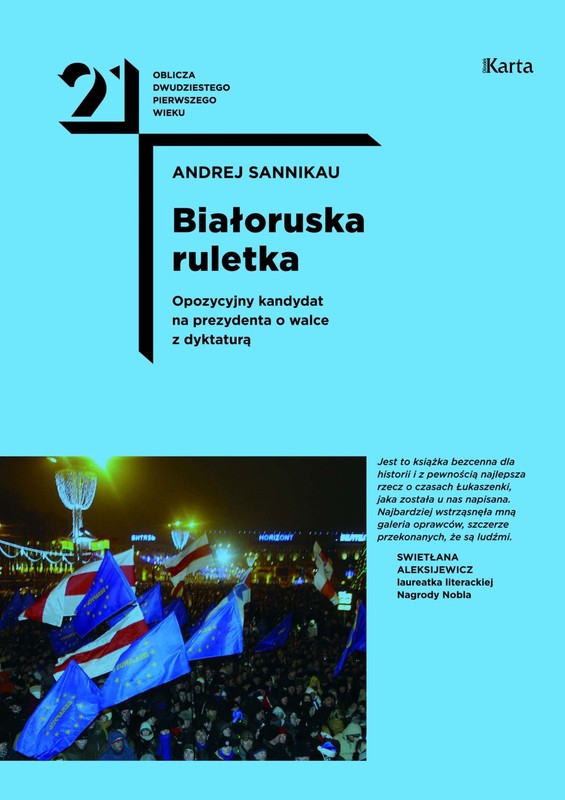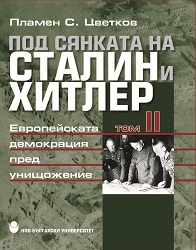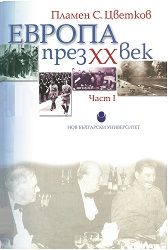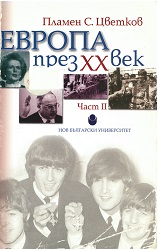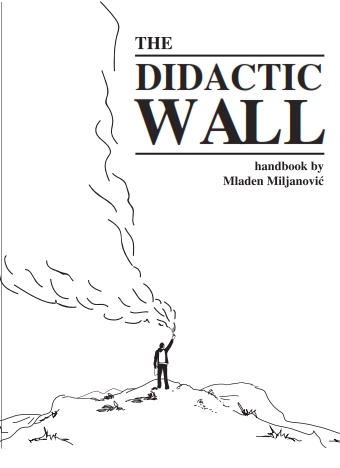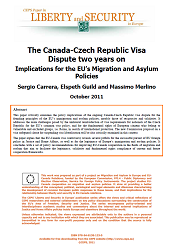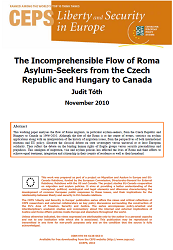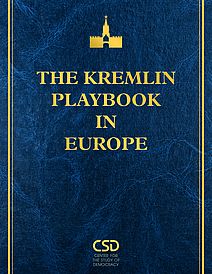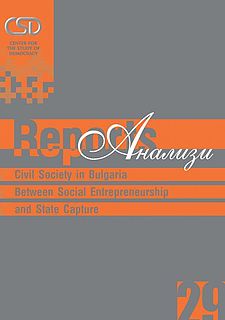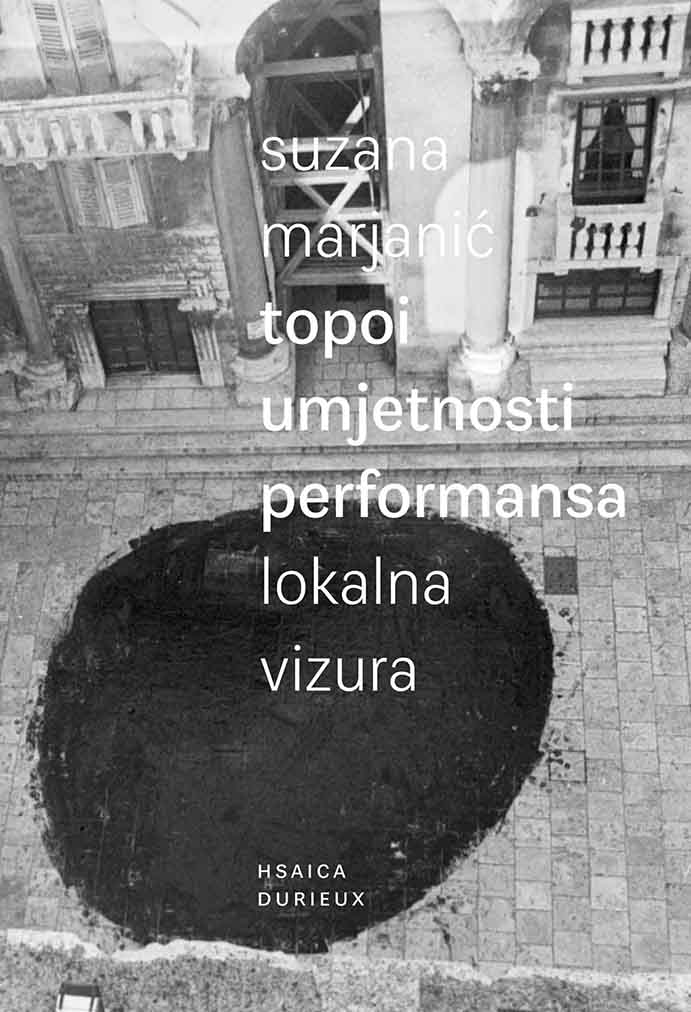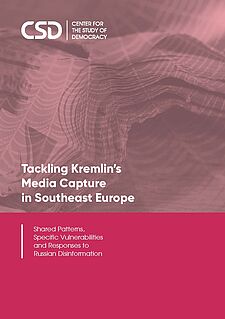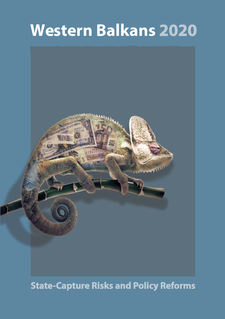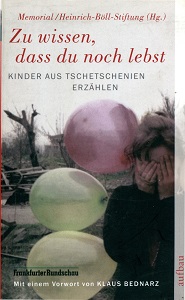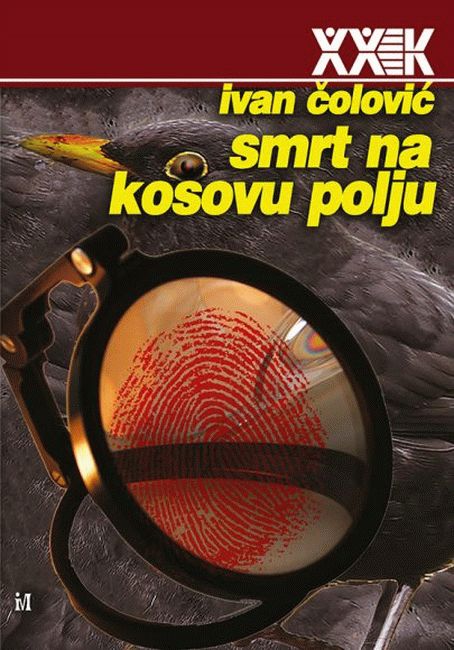
Smrt na Kosovu polju
“The subject of my interest in this book are the ideological and political functions of memories of the Battle of Kosovo, from the first stories about them to the present day. I have displayed the documents that make up the examples of animating this story, and I have also organized them according to geopolitical criteria. I have divided the oldest documents on this theme into three groups: first, the documents of the Serbian church about Kosovo, then Ottoman, Byzantine, Italian and Western European documents, as well as documents from Dubrovnik. I have grouped the documents related to Kosovo from the 19th and 20th centuries according to the same principle, with unique presentations of Serbian, Montenegrin, Croatian, Slovenian, Bosnian, Yugoslav and Albanian examples. The panorama that is produced of political references to the Battle of Kosovo and the ideological messages contained in these stories demonstrate for how long, and with what intensity, the memory of Kosovo is present in the history of several Balkan nations and states, when and why it has operated in the function of their rapproachment and unity, and when and why it has served for their division and for the encouragement of mutual hatred and conflict (…)The Kosovo myth first appears in its fully developed form in the 19th century, when old stories about the Battle of Kosovo are revised and expanded in order to put into the service of the principal political-religious cult of the time, the cult of the nation, which will be the object of evocation of Kosovo in the 20th century and the first decades of the 21st century. That means that the examples of the Kosovo narrative from before the 19th century, that is before the appearance of nationalism, are different from the later ones and belong to the prehistory of the Kosovo myth. But since I have not been able to identify with precision the moment when that prehistory ends and history begins – just as historians of nationalism are not certain when it begins – I have not divided this book into two parts, prehistorical and historical, but have rather left it to the readers to use the examples I have analysed to follow the process of constituting nationalistic mythic narratives about Kosovo on the first half of the 19th century and their reactivation and political use after that.” (from the Introduction)
More...
